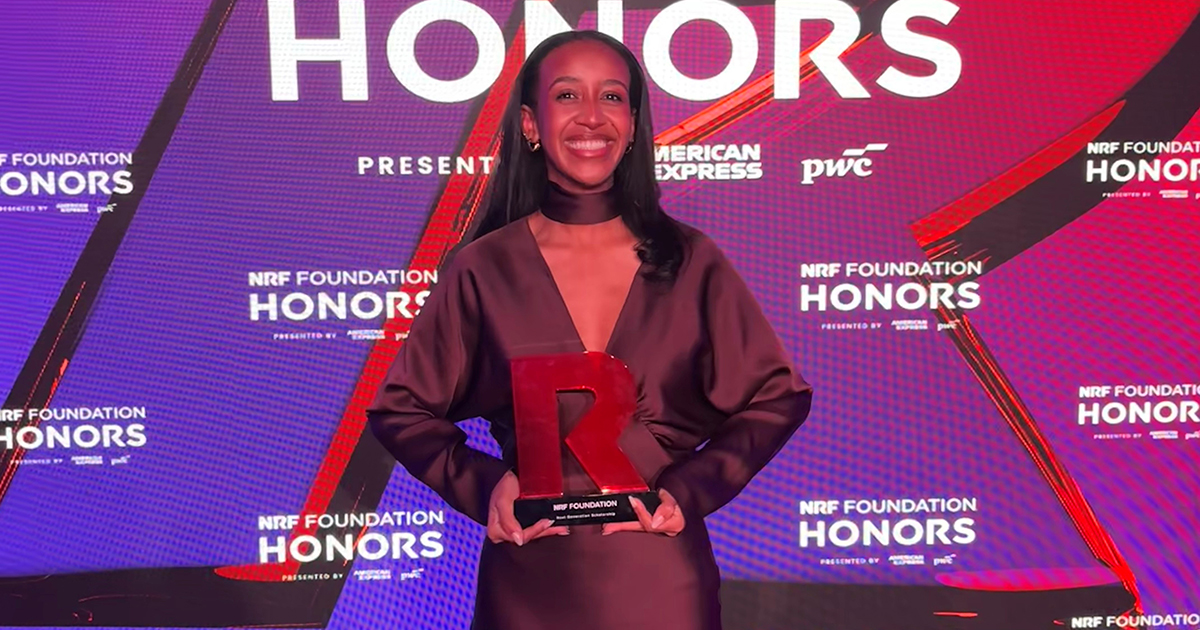Why Resilience Is Important for Entrepreneurial Leaders

When life takes uncertain and unpredictable turns, it’s important to meet the moment with grit and flexibility. We call this resilience, and it’s what keeps us moving forward even when faced with adversity.
As it turns out, resilience also is a central capability of effective leaders. Resilient leadership is about creating a connection with others and an overall positive tone within an organization. Resilience also is a key strength found in entrepreneurial leaders.
Scott Taylor, associate professor of organizational behavior, says, “Resilience is not something we have or don’t have—I believe resilience is something we find.”
Register for Babson Executive Education’s upcoming online course with Scott Taylor: Resilient Leadership, October 27–November 17, 2020.
Brain Science
Taylor explains that in our brains, we have numerous networks. But, the two that are most relevant to resilience are the task-positive network and the default-mode network.
“The task-positive network is your analytical thinking network. It’s the network that helps you create a sense of control. It is not social, it is analytical,” he says.
In contrast, the default-mode network is far more empathetic than analytical. “The empathetic network is where emotional self-awareness, creativity, innovation, and the desire to be connected to and interact with others comes from,” says Taylor.
Addressing participants at a recent Babson Executive Education seminar on resilient leadership, Taylor described how these two networks are at odds with one another. In other words, when one is active, the other one is suppressed.
“Some of what we’ve used as our approach to dealing with setbacks comes from the task-positive network, and is actually cognitively restraining our ability to be resilient,” he says.
“We all have setbacks. They don’t define us. But, do we let them?”
Associate Professor Scott Taylor
Taylor found that some unintended consequences of your task-positive network taking over in trying times include lower engagement in corporations and less innovation or creativity. And, it can often lead to physical exhaustion because task-positive processing isn’t as renewing as the default-mode network.
“The task-positive network converges our focus, whereas the default-mode network opens our focus and we see more of ourselves and others, and a broader world view,” says Taylor.
The Power of Positive Emotion
According to Taylor, resilience is the ability to bounce back when faced with setbacks. Resilience also is the return to equilibrium after disruption.
“We all have setbacks. They don’t define us. But, do we let them?” asks Taylor.
Positive emotion also plays a role in renewal, resilience, and the ability to retain resilience over the long term. “Positive emotion broadens our cognitive repertoire. Positive emotion increases almost every factor of human performance and makes us more receptive to new ideas and feedback. Positive emotion renews us in terms of immune system functioning as well as the ability to persist in an endeavor that we’re involved in,” says Taylor.
Taylor believes that anyone can develop the capability to more actively, effectively, and efficiently find resilience.
But, where to start? For achieving resilience, one must remember the brain networks.
“Resilience is connected to our cognitive functioning. And, once we understand that the networks are antagonistic, we can draw upon the networks that will help us be more resilient,” he says.
To do that, we have to be aware of, and pay attention to, our own emotions, and in particular, garner positive emotions in ourselves and others as a way to activate that default-mode network.
Finally, our relationships play a key role in our ability to be resilient. “We’re not on an island by ourselves. We need others,” says Taylor.
Posted in Insights



